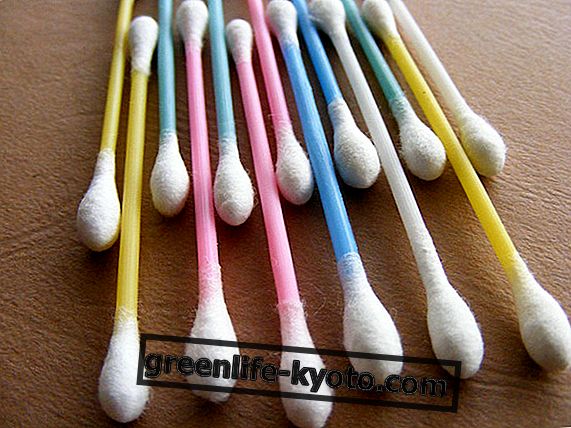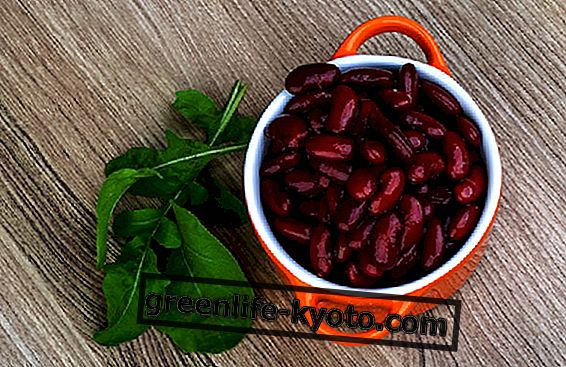
It is very difficult to understand how adolescents really eat, and even the data from the numerous statistical surveys conducted provide only guidance. The information obtained is not very reliable because often, in talking about their diet and in reporting their food, children tend to be inaccurate and to exaggerate in quantity when they are conspicuously underweight or reduce them when, on the contrary, they are overweight.
Proper nutrition in adolescence is also important because it can prevent diseases such as obesity and eating disorders that, in this age group, tend to occur more predominantly.
Nutrition education in adolescence
Educating children about healthy eating in adolescence means transmitting to them a real knowledge of food, its function and its effects on health. Especially girls are attracted to trendy diets or DIY diets ; while everyone, boys and girls, begin to eat more outside the home and this translates into a greater consumption of fast food, the so-called junk food or junk food . The school can play, together with the family, an important role in education for correct nutrition in adolescence with simple gestures and that is, for example, eliminating vending machines for snacks and sugary drinks in schools.
Obviously it would also be important to promote educational programs to explain how nutrition should be to safeguard health. A lot can also be done at home and you can do it by example, that is avoiding to bring to the table ready meals, often too rich in fatty toppings, teaching to have breakfast, consuming a lot of fruit and vegetables. Obesity and eating disorders are two sides of the same coin; both could be avoided by making teenagers more aware of nutrition.
Nutrition and adolescence: the importance of breakfast
Nutrition in adolescence cannot be corrected if you miss breakfast or if it is not adequate. A snack consumed on the street is a bad example of breakfast. A cup of milk with a slice of bread and jam and a fruit is a good way to start the day.
An absent or inadequate breakfast can be associated with difficulty concentrating at school, an excessively caloric diet during the rest of the day, reduced milk consumption and, consequently, poor calcium intake. The consumption of milk, yogurt and dairy products is very important and must constitute a cornerstone of nutrition in adolescence. The need for calcium in this age group is in fact increased by the speed of bone growth.
Nutrition and adolescence: nutritional needs
Calcium is not the only nutrient essential in the adolescent's diet. Iron intake, for example, should be adequate, especially in girls due to the appearance of the menstrual cycle. The diet in adolescence should also be particularly rich in vitamins, which should be consumed by consuming lots of seasonal fruits and vegetables. International guidelines recommend the intake of nutrients mainly through nutrition and resort to supplements only in cases where they are actually indicated to make up for the shortcomings.
Excess vitamin supplements can be harmful to your health due to the risk of toxicity, so it is important to evaluate case dreams with your doctor before taking action in this regard.













